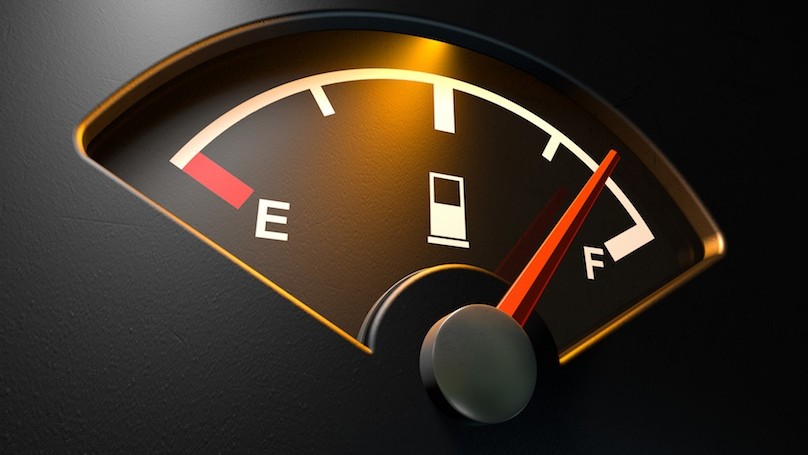Fuel consumption is a significant concern for many drivers, especially with rising fuel prices and growing awareness about environmental impacts.
Whether you’re looking to save money, reduce your carbon footprint, or simply improve your vehicle’s performance, understanding the factors that influence fuel efficiency is crucial.
This guide explores various aspects that affect fuel consumption, from driving habits to vehicle maintenance, and offers practical tips you can implement to get the most out of every tank of gas.
| Factor | Impact on Fuel Consumption | Actionable Tip |
|---|---|---|
| Driving Habits | Aggressive driving can increase consumption by 30-40% | Drive smoothly and maintain steady speeds |
| Vehicle Maintenance | Poor maintenance can reduce efficiency by up to 30% | Regular tune-ups and follow maintenance schedules |
| Tire Maintenance | Under-inflation decreases MPG by ~0.2% per 1 psi | Keep tires properly inflated and aligned |
| Vehicle Load | Extra 100 lbs reduces MPG by ~1% | Remove unnecessary weight and cargo |
| Aerodynamics | Increased drag reduces efficiency at high speeds | Keep windows closed at high speeds; remove roof racks |
| Fuel Quality | Wrong octane or poor quality can decrease efficiency | Use manufacturer-recommended fuel grades |
| Engine Size/Type | Larger engines consume more fuel | Choose appropriately sized vehicles |
| Driving Conditions | Traffic, terrain, and weather can affect consumption | Plan routes and drive cautiously |
| Use of Accessories | AC and electronics increase fuel use | Limit accessory use when possible |
| Technology | Outdated systems are less efficient | Maintain and update vehicle systems |
1. Driving Habits
Your driving style plays a significant role in how much fuel your vehicle consumes.
Aggressive Driving
- Rapid Acceleration and Braking: Frequent hard acceleration and sudden braking can increase fuel consumption by up to 30% on highways and 40% in city traffic.
- Speeding: Driving at high speeds increases aerodynamic drag, which forces your engine to work harder and consume more fuel.
Idling
- Unnecessary Idling: Idling burns fuel without moving you forward. Idling for more than 10 seconds wastes more fuel than restarting the engine.
2. Vehicle Maintenance
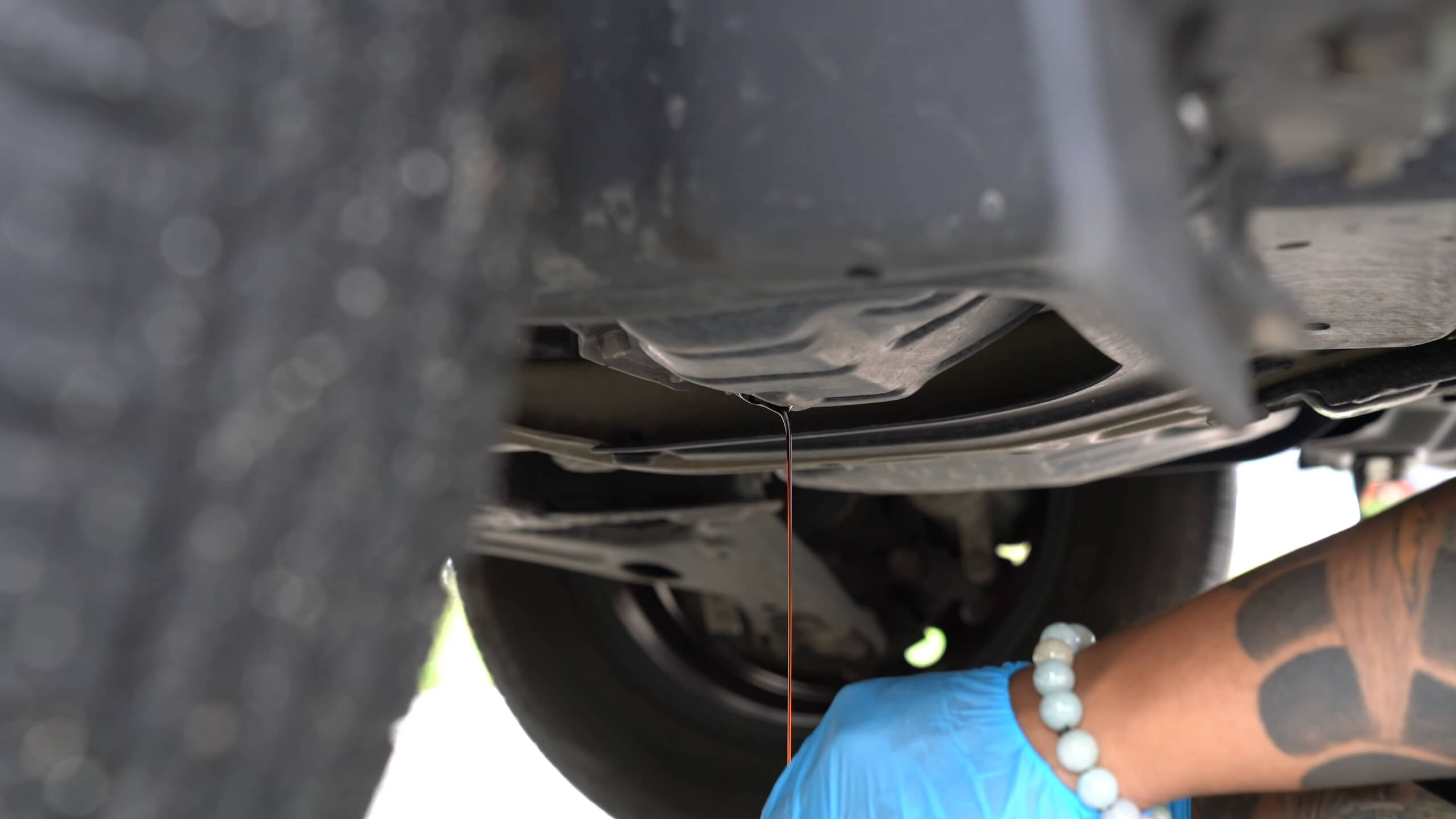
Regular maintenance ensures your vehicle operates efficiently.
Engine Tune-Ups
- Spark Plugs: Worn or fouled spark plugs can cause misfires, reducing fuel efficiency by up to 30%.
- Air Filters: A clogged air filter limits airflow to the engine, leading to incomplete combustion and higher fuel consumption.
Oil Changes
- Engine Oil: Using the correct grade of motor oil reduces friction in the engine. Improper or dirty oil can decrease fuel efficiency.
3. Tire Maintenance
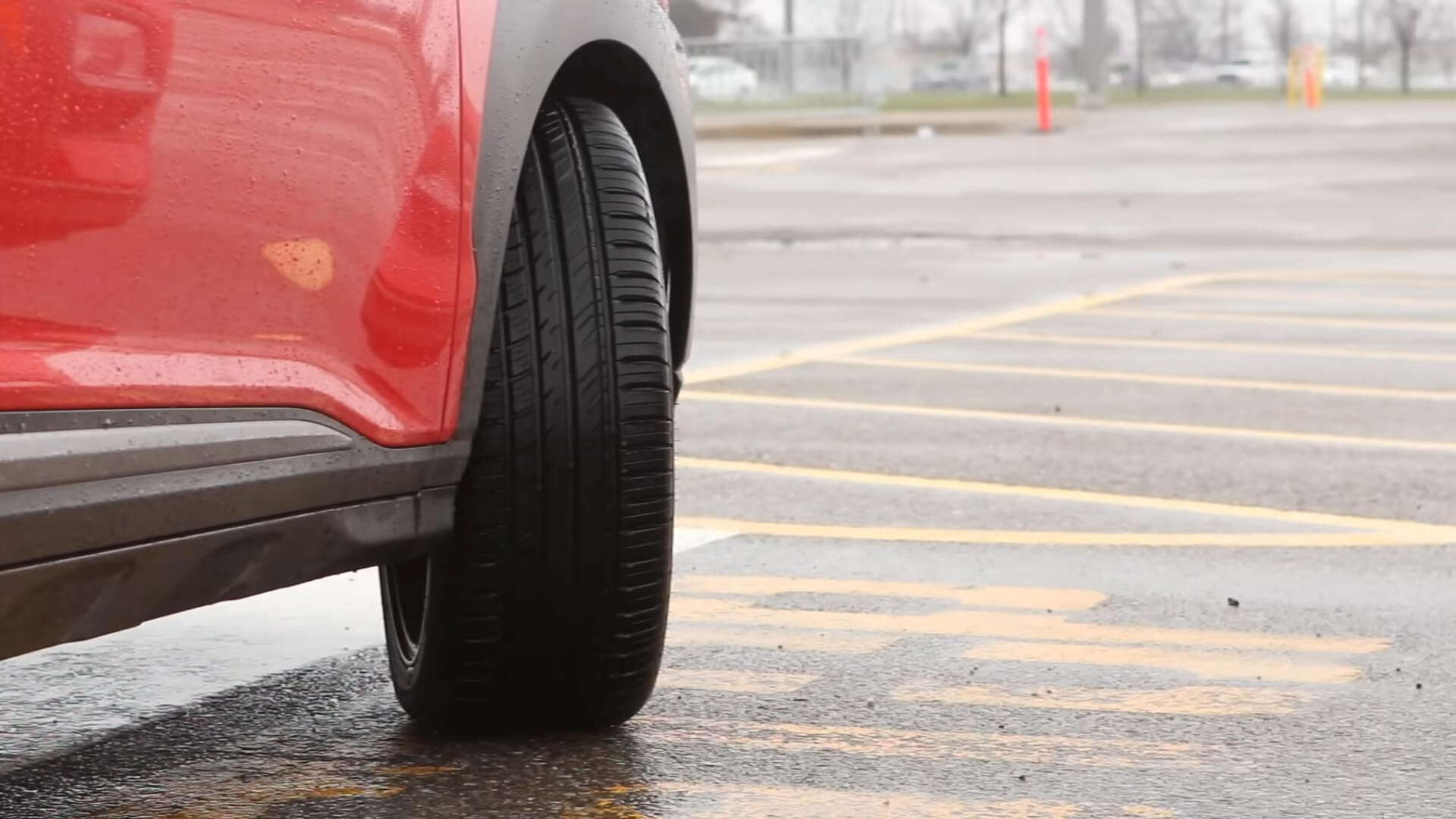
Your tires directly impact fuel consumption.
Proper Inflation
- Under-inflated Tires: For every 1 psi drop in pressure in all four tires, fuel economy decreases by about 0.2%.
- Rolling Resistance: Under-inflated tires have higher rolling resistance, requiring more energy to move.
Wheel Alignment
- Misaligned Wheels: Poor alignment causes tires to drag rather than roll freely, increasing fuel consumption.
4. Vehicle Load
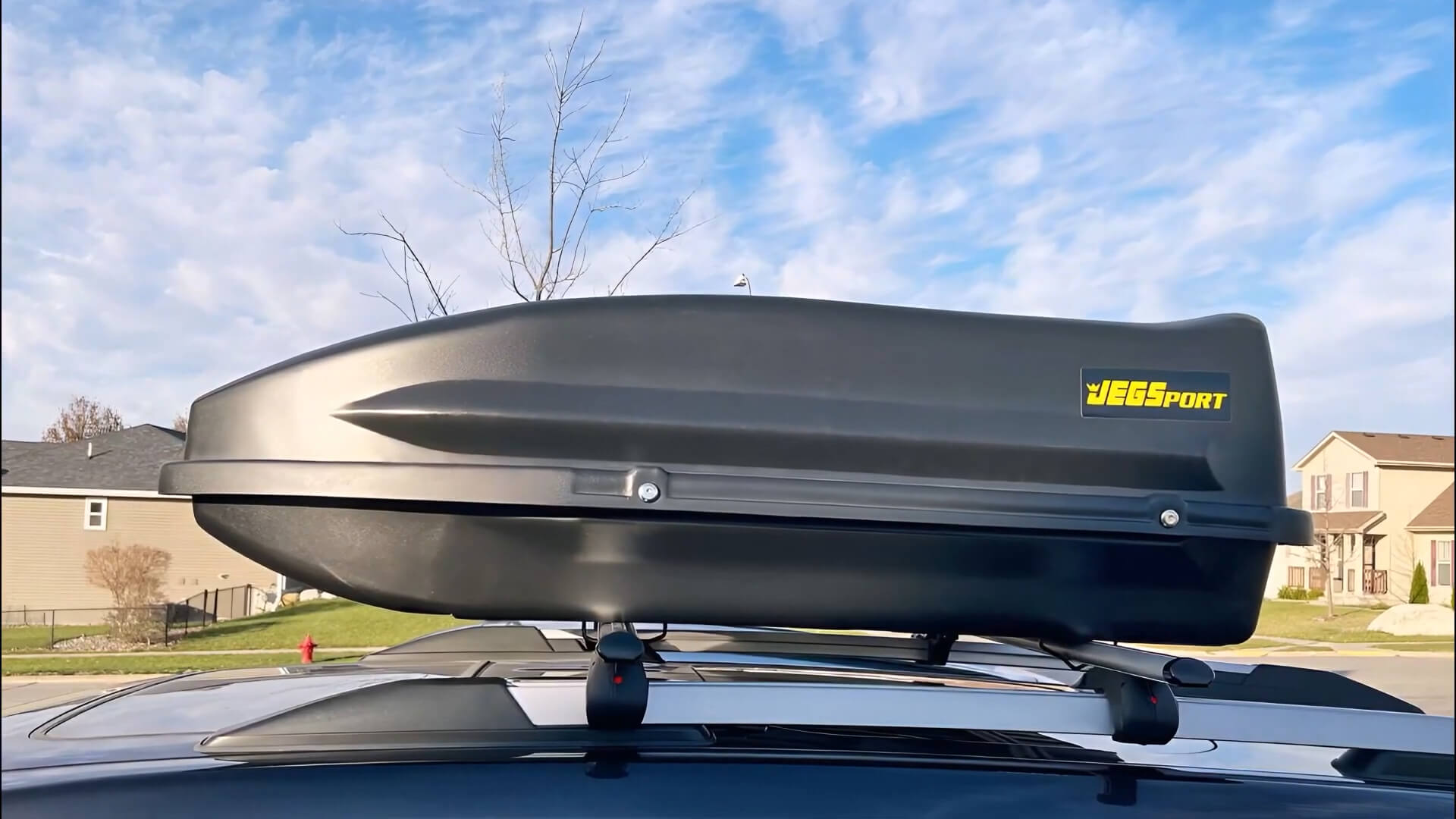
Extra weight means extra fuel consumption.
Excess Weight
- Carrying Unnecessary Items: An extra 100 pounds can reduce your MPG by about 1%.
- Roof Racks and Cargo Carriers: These add weight and increase aerodynamic drag, especially at higher speeds.
Trailer Towing
- Increased Load: Towing heavy trailers significantly impacts fuel efficiency due to added weight and drag.
5. Aerodynamics
The design of your vehicle affects how air flows around it.
Wind Resistance
- High Speeds: Aerodynamic drag increases exponentially with speed. Above 50 mph, wind resistance becomes a major factor.
- Open Windows: At high speeds, open windows can increase drag and reduce fuel efficiency.
Vehicle Modifications
- Body Kits and Spoilers: While some modifications can improve aerodynamics, others may increase drag.
6. Fuel Quality
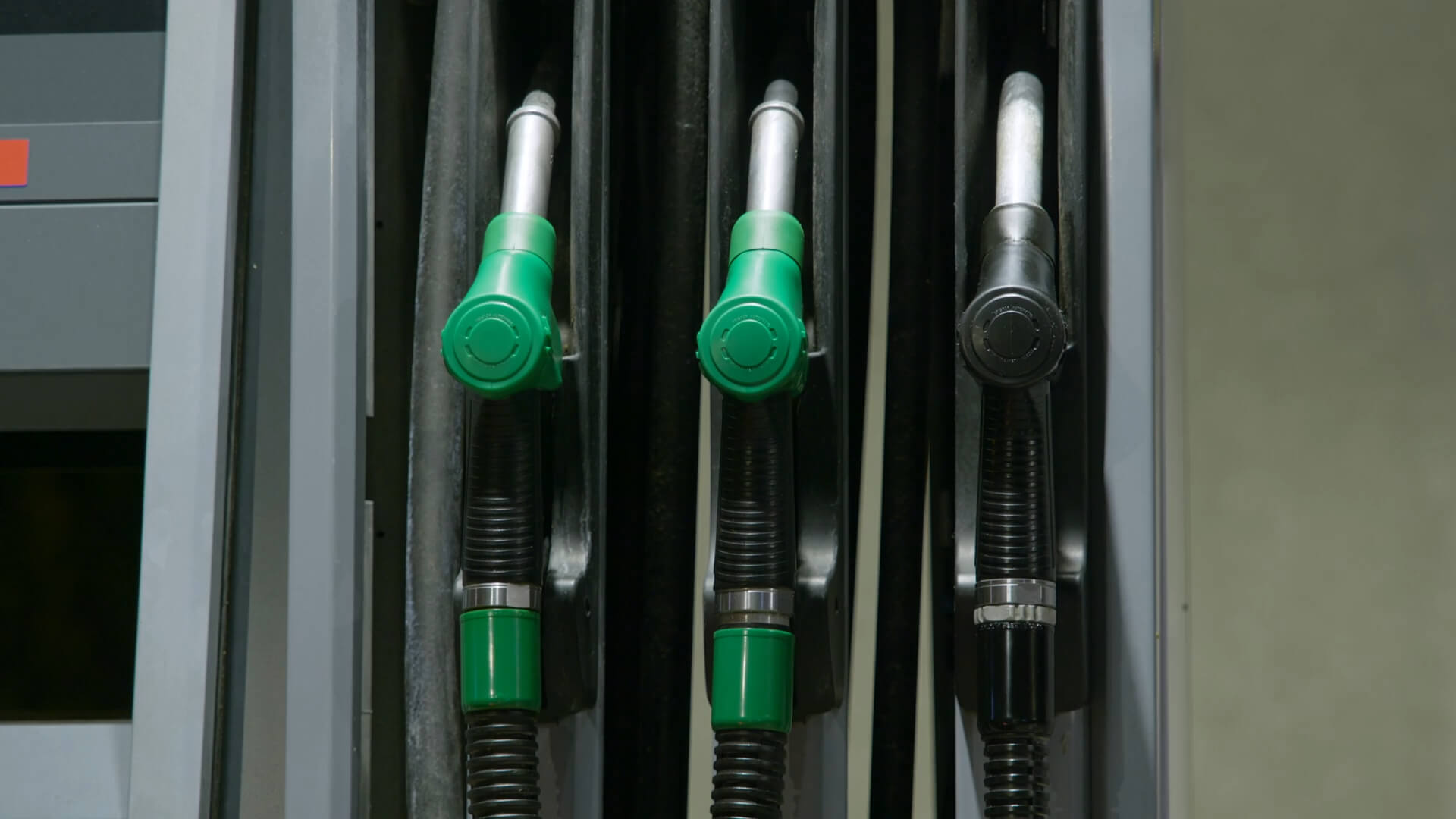
The type and quality of fuel you use matter.
Octane Rating
- Using Lower Octane Fuel: If your vehicle requires premium fuel, using a lower octane can reduce performance and efficiency.
Fuel Additives
- Quality Additives: Some fuels contain detergents that keep the engine clean, potentially improving efficiency.
7. Engine Size and Vehicle Type
Bigger isn’t always better when it comes to fuel efficiency.
Engine Displacement
- Larger Engines: Bigger engines typically consume more fuel due to greater displacement.
Vehicle Class
- SUVs vs. Sedans: Generally, larger vehicles like SUVs and trucks are less fuel-efficient than smaller cars.
8. Driving Conditions
Where and how you drive affects fuel consumption.
Traffic Congestion

- Stop-and-Go Traffic: Frequent stops decrease fuel efficiency due to constant acceleration and idling.
Terrain
- Hilly Areas: Driving uphill requires more power, increasing fuel consumption.
Weather Conditions

- Cold Weather: Engines take longer to reach efficient operating temperatures, consuming more fuel.
- Rain and Snow: Wet conditions increase rolling resistance.
9. Use of Accessories
Vehicle accessories can draw power from the engine.
Air Conditioning
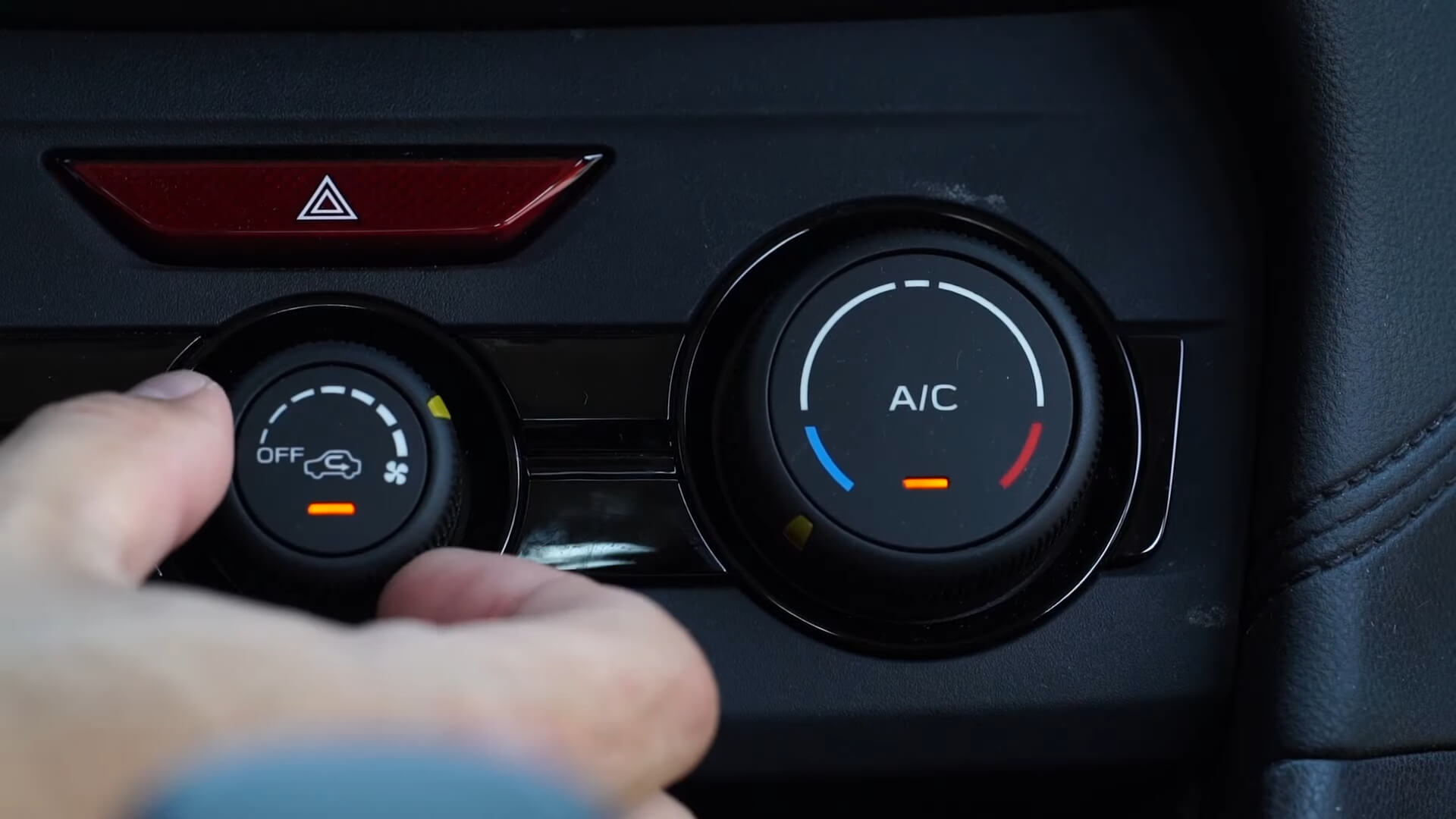
- AC Usage: Air conditioning can increase fuel consumption by up to 20%, especially in smaller engines.
Electrical Accessories
- Heated Seats, Defrosters, and Electronics: These draw additional power, causing the alternator to work harder.[/su_note]
10. Fuel Injection and Technology
Modern technology influences fuel efficiency.
Fuel Injection Systems
- Efficiency: Direct fuel injection systems are more efficient than older carbureted systems.
Eco-Driving Modes
- Engine Management Systems: Some vehicles have eco-modes that optimize performance for fuel efficiency.
Additional Tips to Improve Fuel Efficiency
- Combine Trips: Multiple short trips from a cold start can use twice as much fuel as a longer, multi-stop trip covering the same distance.
- Use GPS Navigation: Helps avoid traffic congestion and find the most efficient routes.
- Avoid Overusing Brakes: Anticipate stops to reduce unnecessary braking.
- Regularly Check Fuel Economy: Monitor your MPG to detect any sudden changes that may indicate a problem.
- Educate Yourself on Eco-Driving: Techniques like coasting and gentle acceleration can make a significant difference.
Bottom Line
Improving fuel efficiency isn't complicated—it comes down to adopting better driving habits, keeping your vehicle well-maintained, and being mindful of factors like load, aerodynamics, and accessory use.
By following these actionable tips, you can reduce fuel consumption, save money, and minimize your impact on the environment.

